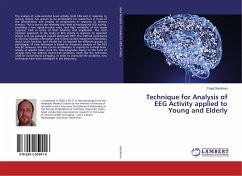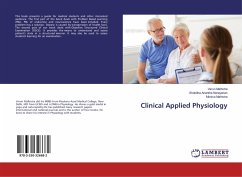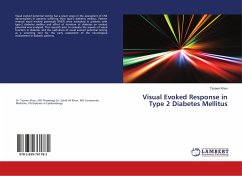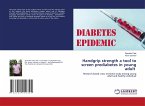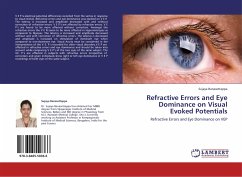The analysis of scalp-recorded brain activity, both EEG and in response to sensory stimuli, has proven to be problematic for researchers in terms of the identification and analysis of components in response to sensory stimulus. This is due to the relatively high level of background EEG activity, providing a low signal-to- noise ratio, and high variability of the single response trials in terms of their latencies and amplitudes. The most common approach to the study of EEG activity in response to repeated stimuli is to use averaged evoked potentials (EPs). This method contributes to the loss valuable information and is likely contain important information about brain function, and should not be ignored for different groups or pathologies. A new technique is based on frequency analysis of the EEG and EP. However, this too can be problematic in regards to cortical brain activity at specific times, since the time-integrative aspect of this form of analysis does not address trial-to-trial variations, much like the technique used for conventional averaging. In order to overcome the problems, new techniques have been developed in this laboratory.
Bitte wählen Sie Ihr Anliegen aus.
Rechnungen
Retourenschein anfordern
Bestellstatus
Storno

